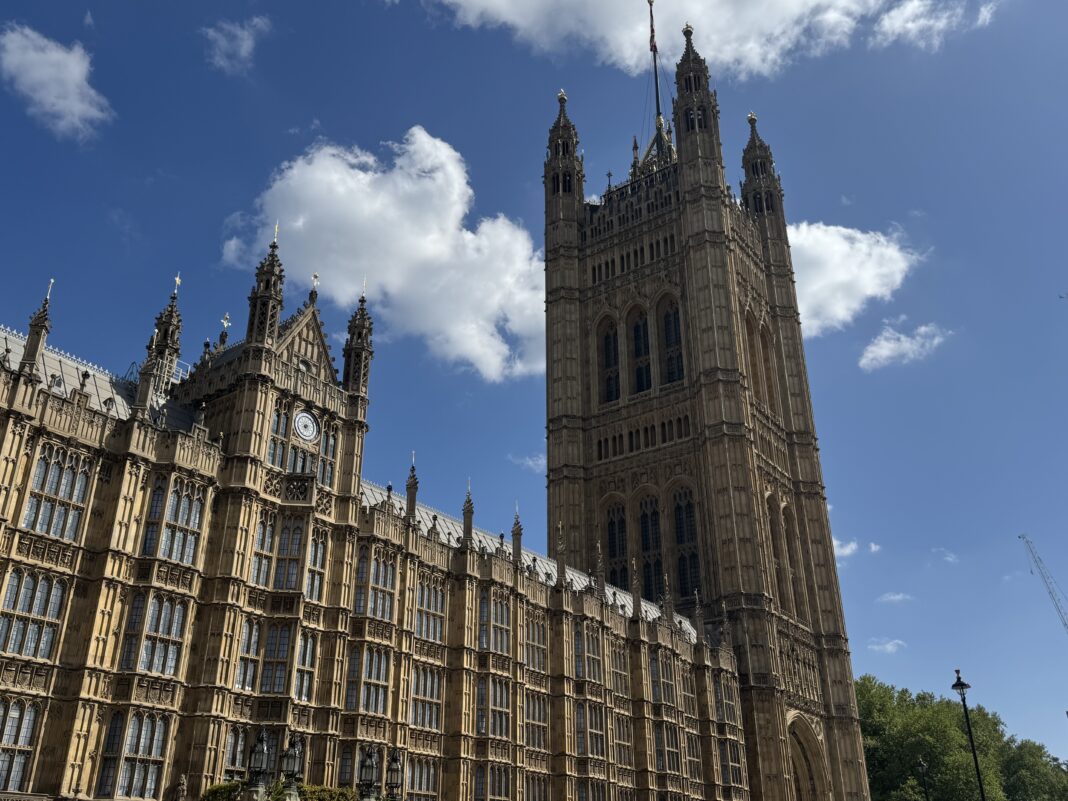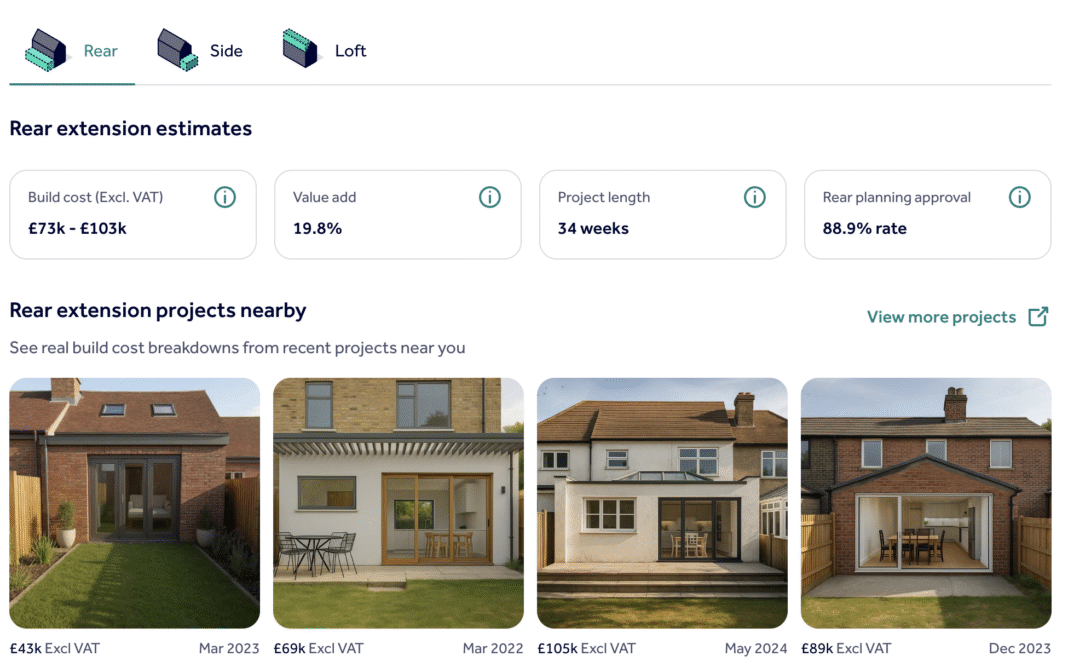The Government has launched a wide-ranging consultation on plans to overhaul the Decent Homes Standard (DHS) for both social and private rented homes in England – a move that could have significant implications for estate agents and landlords across the country.
The proposals aim to bring privately rented properties in line with long-standing minimum standards applied to social housing.
This marks the first time the DHS will apply to the private rented sector (PRS), following the anticipated passage of the Renters’ Rights Bill.
In response, Propertymark has welcomed the focus on safety and decency but warned that successful implementation hinges on a clear understanding of the sector’s complexities and proper resourcing of enforcement.
LEVEL PLAYING FIELD

Timothy Douglas, Head of Policy and Campaigns at Propertymark, says: “Propertymark member agents want to see safe and secure homes across the private and social rented sector.
“What’s key is that policymakers understand the different property types within both sectors, provide a level playing field on qualification requirements for property managers, and focus on partnerships with agents, tenants and landlords.”
Douglas stresses that while many agents already meet high professional standards, the effectiveness of any reform will depend on the capabilities of local authorities to enforce the rules.
He adds: “They still want to know through this consultation process how the UK Government will ensure local authorities are adequately resourced and funded so they can enforce the rules effectively,” he said.
AGEING HOUSING STOCK
The government says the current DHS, last updated in 2006, no longer reflects the condition of ageing housing stock or modern expectations.
The updated proposals aim to standardise safety and quality requirements across both social and private tenures by 2035 or 2037, depending on consultation feedback.
A new fifth criterion will be introduced to address damp and mould – known as “Criterion E” – as part of the government’s response to the 2020 death of toddler Awaab Ishak, who died from prolonged exposure to mould in his home.
The proposals also suggest new minimum standards for home security, window restrictors to protect children, and the provision of floor coverings at the start of tenancies.
WORSENING CONDITIONS
In total, around 1.5 million rented homes are believed to fail the current Decent Homes Standard, with conditions worsening in recent years. In 2022–23, some 800,000 children lived in rented homes deemed “non-decent”, according to the English Housing Survey.
While the government emphasises that most landlords provide good-quality accommodation, the consultation, released yesterday, seeks to enforce higher standards, improve tenant satisfaction, and ensure long-term health and safety across the housing sector.
For agents and landlords, the consultation could reshape compliance obligations, require new investment in property upgrades, and prompt increased scrutiny from regulators.
BEST PRACTICE GUIDANCE
The government is also considering best-practice guidance to help landlords exceed the minimum standard and has pledged to provide clarity on future regulations and funding routes.

Matthew Pennycook MP, Minister for Housing and Planning, says in the foreword to the consultation: “Everyone deserves the security and comfort of a safe, warm and decent home. Yet far too many of those living in social and privately rented homes have to put up with substandard conditions.
“The proposals in this consultation are designed to ensure that all tenants feel safe, secure and proud of their homes and that all landlords have a clear understanding of the standards they are expected to uphold.”
HELPING FAMILIES
He adds: “We know that decent housing helps families and children flourish; supports thriving neighbourhoods; and improves physical and mental health outcomes. We also know that the opposite is true and that the most hazardous conditions can prove fatal.
“The shameful death of two-year-old Awaab Ishak in December 2020 as a result of prolonged exposure to damp and mould threw into sharp relief the need for renewed action to promptly address hazards in homes.
“That is why, alongside introducing Awaab’s Law to both rented sectors, we are adding a new criterion to the DHS – Criterion E – which sets an ambitious, standalone standard to deal with damp and mould. This will help protect tenants from the serious health risks associated with these hazards and ensure that no other family endures what Awaab and his family suffered.”
The consultation remains open for public and industry feedback, with Propertymark and other sector stakeholders expected to play a key role in shaping the final policy.
View the consultation HERE.








